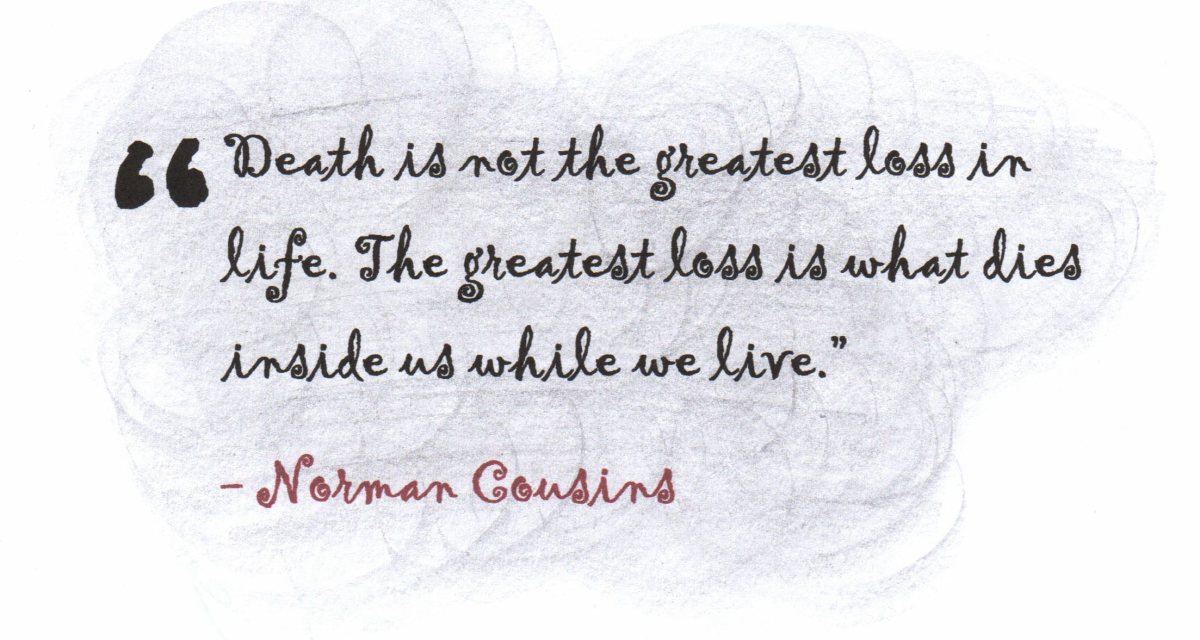Where to turn for answers to a devastating situation?
When we are at a loss for what to do in an ethical situation.

Frequently we hear it said ‘the worse thing that can happen to a person or couple is to have their child pass on before them’. After all, it just isn’t nature's way. No one is denying the loss of a child no matter the circumstances, is not natural and is something that many people do not ever get over.
There is arguably a situation that can be even worse. The situation is having a child unable to care for its own needs upon the passing of parents. When raising a child whether born with or due to an accident that will leave the child mentally or physically disabled. In so many cases, they will outlive the parents. When can they live without oversight, who will care for them when the parents are gone? As parents, we make every effort to give our children all the tools to be independent and thrive. So what happens if the child is incapable of mastering the life at hand? In our country's current financial state, the cost of caring for this child after the parents have passed is prohibitive.
We seem to be in the middle of an evolution due to financial and legal state. Eighty or ninety years ago a child with these disabilities was not believed to live past their teen’s, many according to medical professionals would pass before their fifth birthday. (This situation has evolved due to our medical discoveries and breakthroughs). Parents were told it was better financially and emotionally to institutionalize these children. The institutions housed both children and adults in the same living area. Children born with a disability and not placed in institutions many times did not ever leave their parents home. Parents were told not to educate them, ‘as they could not learn and retain the information’ this making life even more difficult for them.
There was, however, a flaw in this thought process consideration was not given for medical breakthroughs and the social climate. Our medical professionals had as of the 1950’s become very skilled at helping these children learn and thrive. Possibility not to the extent of living independently and providing for their own needs, although many do today. This situation brings us to waters uncharted. What happens to this population while living longer than anyone had thought, have not been given the tools to provide for themselves. Do the parents ask a sibling to become responsible for them, do we expect the state to care for them and keep their best interest at the forefront of the expectations.
Working with the Down’s Syndrome population we have learned some startling facts. When taken care of and given proper medical care and an education, they can live into their 80’s and longer. Yet again a new question. comes up, 'who is the responsible party to oversee the person providing for their well-being'? What financial and emotional climate makes up the 'parenting model' when all family members will very possibly be struck by this disability? Many of the disabled are stricken by a hereditary disease (i.e.Huntington's Disease, Sickle Cell, Cystic Fibrosis and so much more. These diseases clearly follow family blood lines, thus making the diagnosis even more devastating. The disease is horrific and the family unit is unable to meet all of the demands set forth. What parent can ask another child of this family to care for the disabled one financially, medically and socially? These situations are only minimal expectations of the family unit. Decisions regarding the care of young people when their parents pass are too frail to care for their children.
The financial plight alone is overwhelming. The medical needs are clearly outside of most familial units economic standing. What to do? The assisted living answer to this need seems like a good compromise to providing for the needs of the disabled. Until we look past the pretty bow and find their needs are defined somewhat differently than we expected. The young disabled have all the same needs and wants as any other person of the same age. The cost is prohibitive and few of us could come close to making this work in our family. What to do? Again we go back to history to define our process. In the 40’s, 50’s, 60’s, we made legal decisions for the care of our children should something happen to us prior to the passing of our children. So the situation became more widely observed better known, at the end of WWII.
Many fathers did not return from the war and a good number of the widows did not remarry. The saving pebble in this time was that most families still lived close enough together to help each other out. However, beginning in the mid-1950’ we, as a population, began our trek West. Now we were alone, except for friends, should we have a child unable to care for all of their own needs. Into the picture comes the Godparent(s) that was always there but now had a greater role in this family.
Where can we turn? This is a community issue not one families trial.
Most families will not ask for help to care for a disabled child. The lack of support leads to the parent’s failing health and so the ball begins to roll downhill. This article is not meant to have all the answer, rather it is meant to begin conversations regarding the need for solutions for a population quietly hidden from sight until the 1990’s. Not only families but also friends and communities need to have their views known to lawmakers.







